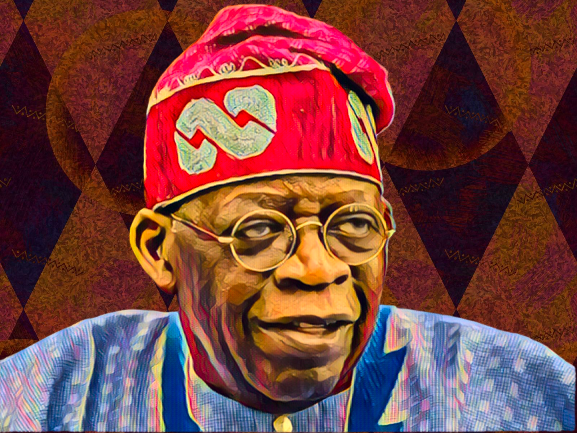The Nigerian government’s recent 2024 Appropriation Bill, presented by President Bola Ahmed Tinubu, has sparked significant concern among experts and stakeholders. The bill allocates a mere 12.5 percent to the crucial sectors of health and education, raising fears of severe underfunding that could exacerbate the already challenging living conditions for Nigerians.
Despite President Tinubu’s manifesto promising a 10 percent allocation to health, the budget allocates only 4.9 percent (N1.07 trillion) to this sector. This move, along with the government’s recent economic policy changes, including the removal of petrol subsidies and the floating of the naira, has led to a dramatic increase in the country’s misery index.
According to a report by The Guardian, Minister of Budget and Economic Planning, Abubakar Atiku Bagudu, emphasized the government’s shift towards tax revenue over borrowing to fund the N27.5 trillion budget. However, the Minister of Finance, Wale Edun, noted that the projected budget deficit of N9.18 trillion (3.88 percent of GDP) is lower than 2023’s figure, marking a strategic pivot in Nigeria’s financial planning.
The budget’s focus on value for money and preparing the economy for foreign investments, including privatization initiatives, is evident. Yet, experts like Kelvin Emmanuel, CEO of Dairy Hills Limited, criticize the allocation as insufficient for critical sectors like education and health, which are essential for GDP growth and improving per capita income.
The Abuja Declaration of 2010, where the government pledged 15 percent each to education and healthcare, stands in stark contrast to the current allocations. Investment banker Tolulope Alayande and retired banker Ande Mohammed urge the administration to prioritize these sectors for a more productive workforce and sustainable economic development.
Mohammed also highlighted the need for better coordination and impact assessment of social interventions, given the lack of synergy in the previous administration’s efforts. He warned that inadequate funding in education and healthcare could lead to infrastructure deficits, exacerbating health issues, and widening economic disparities.
As Nigeria faces the challenge of balancing economic growth with social welfare, the 2024 budget’s approach to funding critical sectors will be crucial in shaping the country’s future.


